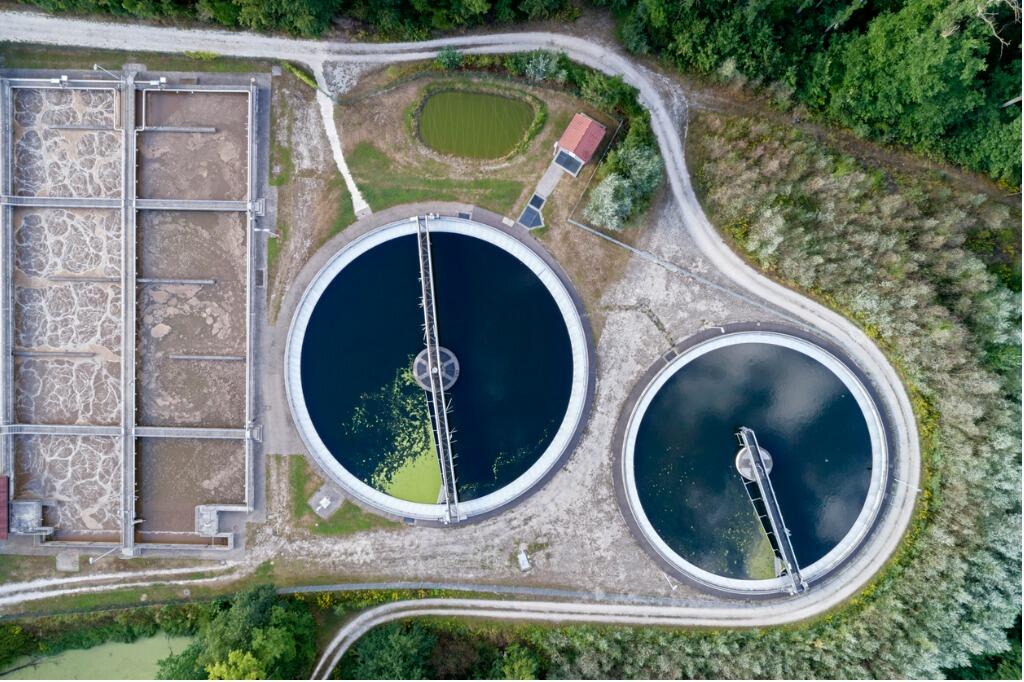
Merseyside start-up Bio Data Networks Limited (BDN) is bringing forward a set of promising new devices that aims to detect outbreaks of COVID-19 and other infectious diseases across communities through a sewage monitoring system.
Supported by the Infection Innovation Consortium (iiCON) Bio Data Networks is developing the innovative autosampler that will act as a surveillance tool to provide early warning of outbreaks of infectious diseases.
Regular sampling and analysis of sewage can enable the early detection of infectious disease or resistance markers within a population, this is termed wastewater Based Epidemiology (WBE). The specific type of monitoring technology being developed by BDN for WBE is called ‘Near Source Tracking’.
This type of monitoring is particularly key in instances like the COVID pandemic where some individuals can be asymptomatic. Even after the peak of the pandemic, it is important to continue to track and monitor rates of disease across communities, as well as help mitigate the impact of future pandemics and other global health issues such as Anti-Microbial Resistance (AMR).
Near Source Tracking is an attractive option to detect and monitor human pathogens within small geographically defined areas such as university buildings or schools. The technology to do this effectively however requires considerable optimisation and development as well as field evaluations.
In order to enable BDN to further develop and test its exciting new products, iiCON connected the company to the expertise within the Antimicrobial Chemotherapy and Resistance Group at Liverpool School of Tropical Medicine (LSTM).
BDN needed to ascertain if its autosampler and passive sampler have the capacity to recover samples of sewage once installed at the Liverpool Life Sciences Accelerator building within LSTM. To test this, an experiment was designed by the Antimicrobial Chemotherapy and Resistance Group and conducted by Dr Daire Cantillon. In addition, testing was required to gauge the robustness of the designs and their resistance to ragging and blocking in a real environment.
Both samplers were installed in manholes in LSTM grounds. The 3D printed passive sampler that requires manual extractions of samples was installed up-sewer of a battery driven autosampler. The autosampler triggered sampling when a sensor on a paddle responded to a passing flush.
The group looked to detect RNA indicative of a particular virus infection within a sewage sample. An experiment was set up using a harmless virus, known to infect bell peppers and in the food chain, as a marker for SARS-CoV2 (COVID-19 virus).
The resulting study showed that both sampler models worked well with minimal technical issues. Both sampler models were shown to be effective in collecting at least four independent samples that show the presence of the marker RNA virus.
The subsequent molecular detection methodology, a rapid RT-PCR protocol showed excellent results in identifying specific viral genes within sewage in under 30 minutes. The experiments demonstrated proof of principle that both the new autosampler and the passive 3D printed sampler, with associated molecular detection methodology can be used to detect viral RNA in sewage samples.
This initial study has led to an Innovate UK application to further develop the system for detection and surveillance of SARS-CoV2 RNA within sewage systems.
Brian Neve, Technical Director of Bio Data Networks LTD said: “ iiCON and LSTM were very helpful and their contribution to our development has been very significant. Adam and Daire together with Andrew Burns and Ron Plumley, from the LSTM Estates Office, put in a lot of effort, ideas and hard work to achieve the good results.”
Dr Lisa Baldwin, Senior Business Development Manager at iiCON, supported BDN on the product development journey. She said: “BDN’s device is an exciting example of innovation in this space and has the potential to act as an impactful early warning system for COVID and future pandemics.
“iiCON and our partners at LSTM are delighted to have worked closely with BDN and supported the company at this early stage. Connecting into the outstanding expertise at LSTM has enabled BDN to test its device under challenging conditions and secure the evidence of efficacy needed to progress their product forward to the next phase.”
Dr Adam Roberts, Reader in Antimicrobial Chemotherapy & Resistance and LSTM's lead for Antimicrobial Resistance (AMR) said: “Near Source Tracking technology is an important weapon in the battle to combat COVID and emerging pandemics. Tracking and monitoring community outbreaks of disease is vital when it comes to managing and containing highly-infectious diseases – particularly those where sufferers can be asymptomatic.
“BDN’s devices are extremely promising and performed very well under rigorous testing conditions. We’re delighted to have utilised the expertise, knowledge and resources within the Antimicrobial Chemotherapy and Resistance Group to support the testing of this product. We look forward to seeing the company move to the next phase of testing as they work to bring these innovative devices to market.”
iiCON, which is led by LSTM, bridges the gap in the infection innovation ecosystem between industry, academia, and the NHS to accelerate and support the discovery and development of innovative new anti-infectives.
The consortium proactively identifies and engages with the most innovative companies working in the sector globally. iiCON forges long-term collaborative relationships with these organisations and facilitates impactful partnerships that accelerate and enable innovative research and product development – bringing the next generation of game-changing new products to market more quickly, safely, and affordably.
The iiCON consortium comprises LSTM, Liverpool University Hospitals NHS Foundation Trust, Unilever UK, the University of Liverpool, Infex Therapeutics, and Evotec at Alderley Park, Cheshire.
The activity was part funded by the European Regional Development Fund (ERDF) programme: Formulated Materials for Infectious Disease Prevention. This programme offers access to academic expertise to support innovation in Merseyside companies.
